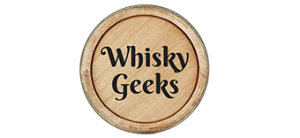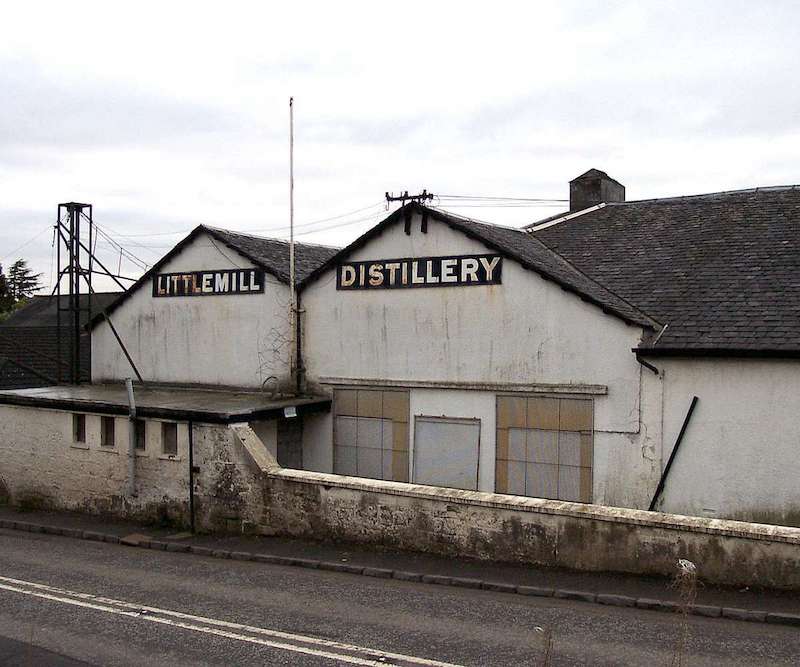A Brief History of Littlemill Distillery
Littlemill Distillery was one of the mysterious distilleries in Scotland in which we do not have a clear idea of its founding year. Rumours have it that George Buchanan of Glasgow founded the distillery after he took over the Auchentorlie Estate in the 1950s. George built Littlemill Distillery together with the houses that he constructed for the excise officers on site. If the dates were right, Littlemill Distillery was the oldest distillery in Scotland.
History of Littlemill Distillery
The history of Littlemill Distillery is long and adventurous. It all started with George Buchanan in 1772 (so it seems). The distillery then went through a period of rapid instability between 1817 to 1857 where it changed hands multiple times. Below is a short timeline of how it happened:
1817 – Matthew Clark & Co. bought Littlemill Distillery
1823 – Jane Macgregor became the licensee of Littlemill after the Custom and Excise Act of 1823
1840 – Hector Henderson took over the distillery (He also founded Caol Ila Distillery)
1875 – William Hay bought the distillery.
Littlemill saw new stability after the Hay family took over the reins. The distillery was rebuilt, expanded and improved by the family. They remained in charge until 1913, when neighbouring grain producer, Yoker Distillery Co. bought Littlemill. With the Hay family gone, the distillery fell into a period of instability again. Blenders, Charles Mackinlay, as well as J&G Thompson, were owners of Littlemill before selling it to the first of its American owners.
The succession of American Ownership
In 1931, Duncan Thomas, the first of Littlemill’s American owners, bought the distillery. Duncan ran the distillery under his company “Littlemill Distillery Co.”. He stopped the triple distillation that was (and still are) popular in the Lowlands and changed the direction of the distillery for a double distillation. He changed malting methods by installing a Saladin box with two ventilation towers and a single kiln. Duncan also introduced innovative hybrid stills with aluminium-coated bodies and rectifying columns to gain better control of his distillation. The changes allowed the distillery to produce three different whiskies – Littlemill (light and unpeated), Dunglas (unpeated full-bodied) and Dumbuck (heavily peated).
Barton Brands (based in Chicago) became a shareholder in Littlemill Distillery in 1959. The injected funds from Barton allowed the building of Loch Lomond Distillery in 1965 and eased the supply problem. By 1971, Barton Brands bought out Duncan Thomas’ share, and Littlemill Distillery went along in the deal.
Mothballed
Littlemill Distillery continued to produce three different whiskies until 1984 when Barton Brands was bought over by Argyll Group. The new owners mothballed the distillery. Argyll then sold the distillery to Gibson International (Barton’s Scottish arm) in 1989. Littlemill reopened and operated until 1992 when Gibson International went bankrupt and mothballed the distillery. In 1994, the banks liquidated Gibson International, and Glen Catrine Bonded Warehouse Ltd bought Littlemill Distillery. However, they did not reopen Littlemill. As the owners also bought Loch Lomond Distillery in 1986, they removed the stills from Littlemill and moved them to Loch Lomond.
Shutter for life
After the new owners emptied Littlemill Distillery, they briefly contemplated running the distillery as a museum. However, they dropped the idea and shuttered the distillery for life in 1996. The owners sold it to a developer in 2004. Unfortunately, the emptied distillery caught fire shortly afterwards. Nothing was left on site when they finally put out the fire.
A housing development now sits on the site of what was once Littlemill Distillery.
Littlemill Whiskies
The distillery may be gone, but the whiskies are still floating in the market. There are both official bottlings, and independent bottlings for Littlemill and some of these bottles are going at high asking prices. Prevailing prices for an independent bottling of Littlemill can be as high as SGD$500-$600. While it does not cost as much as a Port Ellen, it is still a hefty sum to pay!
It is a pity that Barton Brands discontinued both Dunglas and Dumbuck in 1972, so whatever is left now are the bottlings for Littlemill, the distillery’s namesake. If you ever spot a Dunglas or a Dumbuck bottle in an auction, do check the authenicity before bidding!



